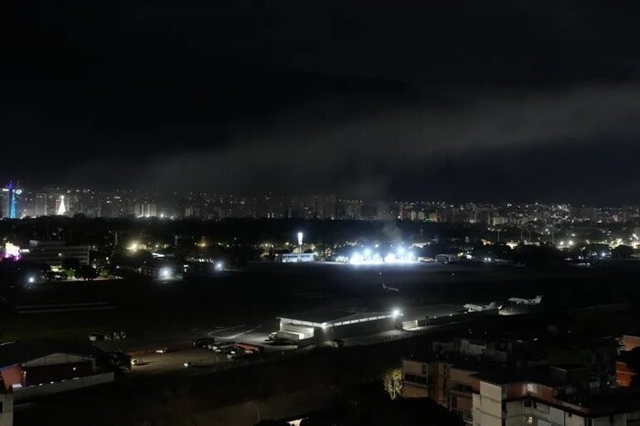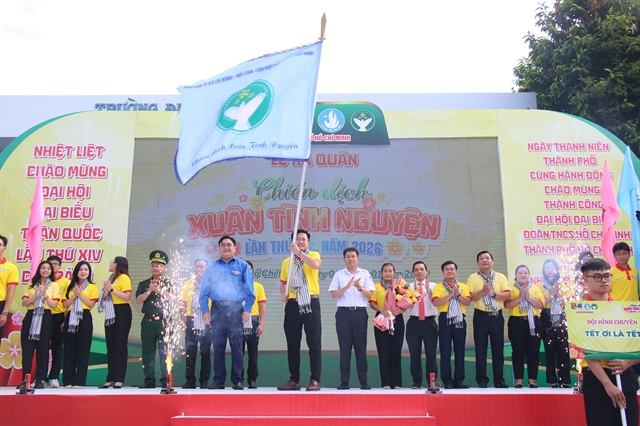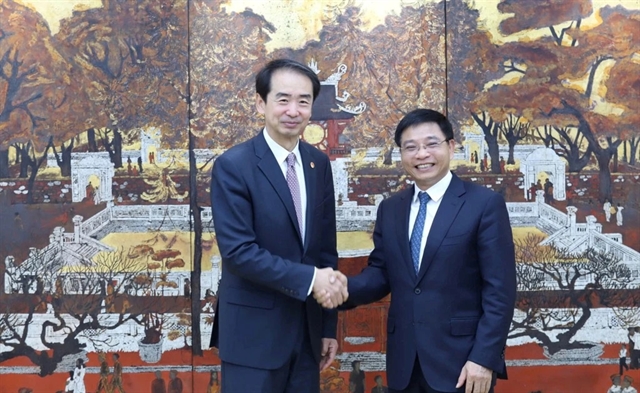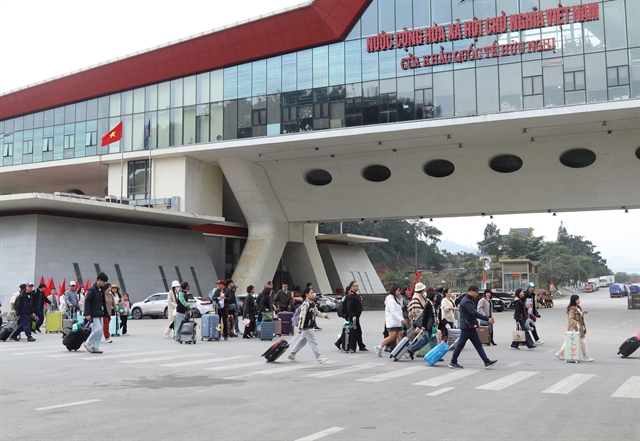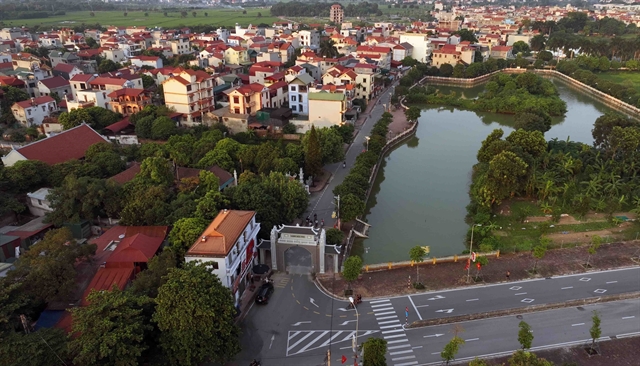 Society
Society
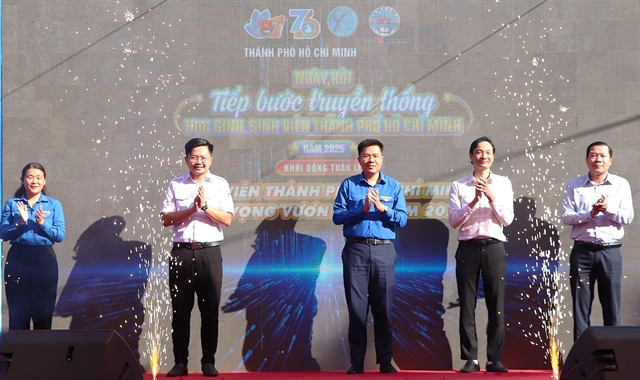
Việt Nam News reporter Lê Hương speaks with former members of the Youth Volunteer Brigade who were part of the army that took over Hà Nội from the French on October 10, 1954. They entered the city several days before the official takeover day to explain the Hồ Chí Minh government's policies among the capital's residents.
Nguyễn Văn Khang, head of the Youth Volunteer Brigade's Liaison Committee for Capital Takeover.
At that time, nearly 400 of us, Youth Volunteers were recruited as part of the force to take over Hà Nội. From October 3 to 6, 1954, we entered the city ahead of the military forces. Our mission was unique—we were tasked with being at the front, making contact with Hanoians before the Army officially took control of the city.
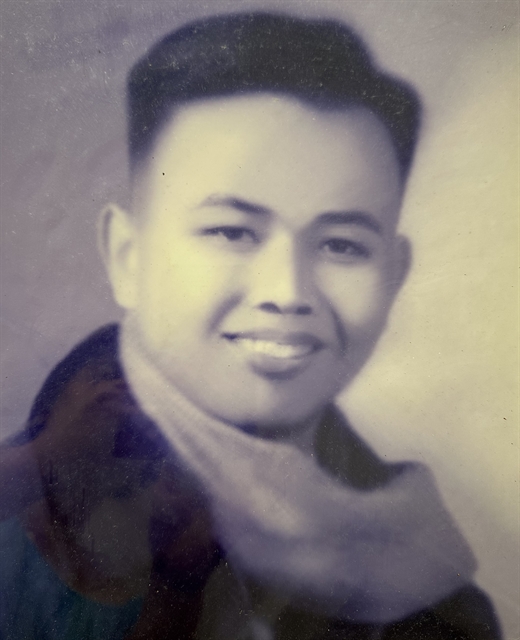 |
| Nguyễn Văn Khang in his early 20s. Photo courtesy of Nguyễn Văn Khang |
We were excited to hear that we would be marching into the capital. Many of us had never been to Hà Nội before. Our team had the responsibility of explaining the policies of the resistance government to the people of Hà Nội, so they wouldn’t panic when the soldiers marched in. The enemy had spread misinformation, saying that the government would seek revenge on those who worked for the French. It was our job to reassure the people that there would be no retaliation. Those who had worked in the former administration would continue in their roles and be paid as before.
We also mobilised young people in Hà Nội to help clean the streets and make preparations to welcome the soldiers to take control of the city. We dismantled reactionary signboards and explained the government’s policies.
Each day, nearly 400 of us went out to meet the locals, including civil servants, workers, and businesspeople. Some were hesitant to open their doors, but we persisted.
Many had questions: "Can I wear áo dài? Will I be allowed to continue my business? Will my salary change? Will there be revenge?" We explained that life would remain stable and that there was no need to worry. Our efforts reassured the Hanoians and encouraged them to welcome the takeover force with peace of mind.
This approach was a wise move by the government. In addition to explaining policies, we also taught the youth and children to sing and helped prepare banners to welcome the resistance army's return to the capital on October 10.
Đặng Thị Mỹ, former Youth Volunteer
When we arrived in the city, there was rubbish everywhere. We divided into teams and worked with Hanoians to do the cleaning up. The atmosphere was joyful, waiting for the victors' return. The people respected us because they knew we were students of schools from resistance bases, and held us in high regard. As we marched through the streets, people waved to us from the pavements.
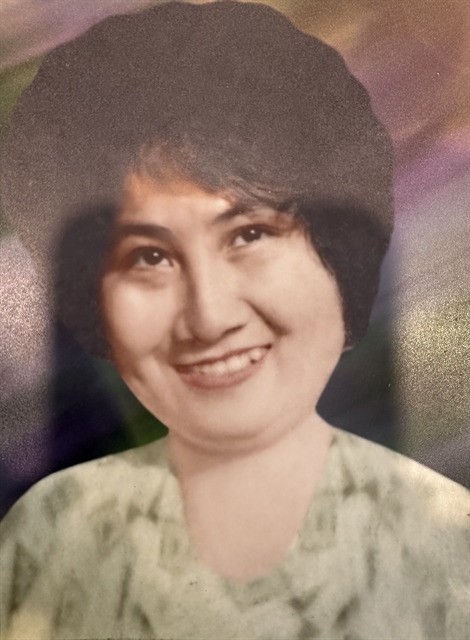 |
| Đặng Thị Mỹ as seen in her youth. Photo courtesy of Mỹ |
The people of Hà Nội loved and supported us, and there was a true sense of camaraderie between the locals and us volunteers.
Đoàn Nhân Lộ, former Youth Volunteer
I worked closely with the youths and youngsters in the streets of Hàng Bông, Hàng Gai, and Đường Thành. We encouraged them to create a cheerful atmosphere to welcome the revolutionary soldiers. We organised daily activities to clean up the city, removing rubbish and anti-revolutionary posters.
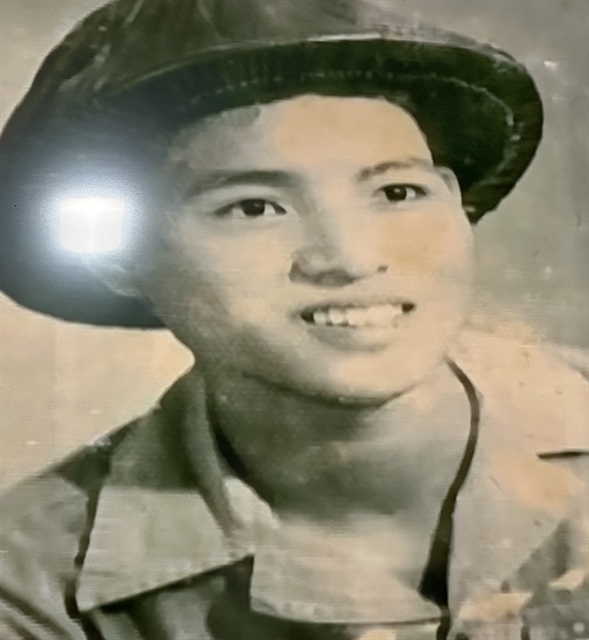 |
| 20-year-old Đoàn Nhân Lộ. Photo courtesy of Lộ |
Every day, we gathered the youths to tell them about the new government’s policies and taught them some patriotic songs and group dances. These activities made the youth union vibrant and full of energy. On October 10, when the victorious army marched into the city, the atmosphere was incredibly joyful. The French forces fled toward Hải Phòng, and the streets were filled with celebration.
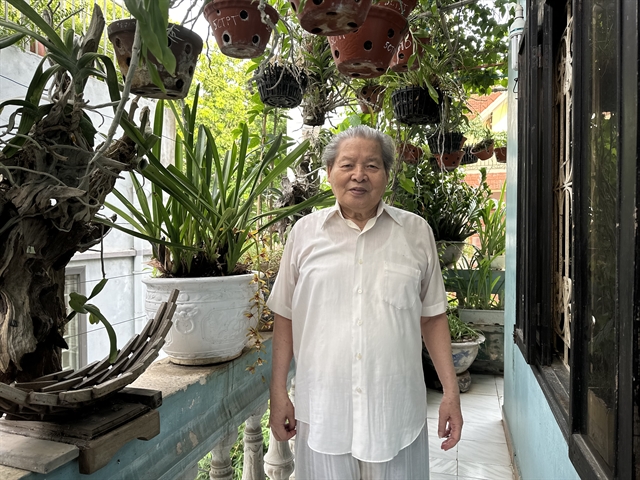 |
| Đoàn Nhân Lộ is still proud to have made a small contribution to the Liberation Day of Hà Nội, October 10, 1954. VNS Photo Lê Hương |
Those days left a deep mark on me. It was a time of growth and maturity for me, personally. Being one of the people who marched into Hà Nội to take control from the French is a memory I cherish to this day. I was a strong, 18-year-old youth back then, and I remember how the young women took a liking to me. They would write letters to me, give me handkerchiefs, and shower me with gifts.
Đỗ Hồng Phấn, former Youth Volunteer
“I left Hà Nội in 1952 to join the Youth Union for National Salvation in the northern resistance regions. Before that, I had been involved in various revolutionary activities with other students in the city, and even had been imprisoned by the French regime at Hỏa Lò Prison in late 1950.
The revolutionary spirit had been building in Hà Nội since 1945, and by the late 1940s, nearly every family had members involved in the revolution. In 1948, three young students from Chu Văn An High School, where I studied, swam to Tortoise Tower in the middle of Sword Lake to fly a red flag to celebrate President Hồ Chí Minh’s birthday.
In early 1946, I joined a school boycott against the French authorities. We protested the imprisonment of patriotic fellow students, and after 12 days, the authorities released them, and we returned to school.
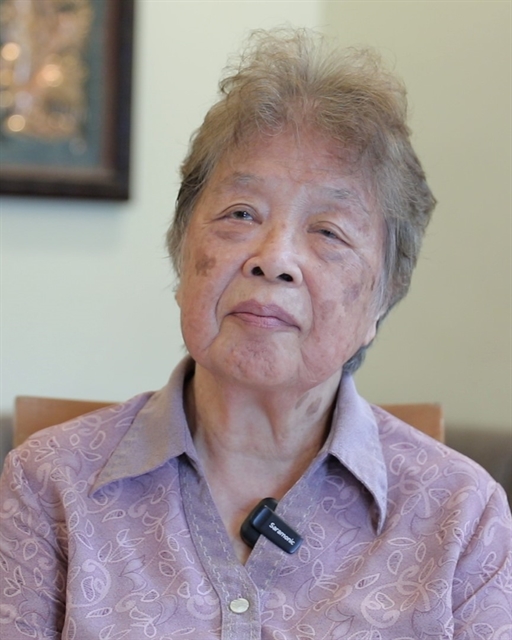 |
| Đỗ Hồng Phấn, in her 90s now, still remembers the first days she joined revolutionary activities. VNS Photo Hương Anh |
In 1950, I was arrested during a student demonstration and held in prison for two months. After my release, I decided to leave for the resistance regions to continue my work with the Youth Union. After the Geneva Conference, I attended a training course in Thái Nguyên, where thousands of us were prepared to take over the capital.
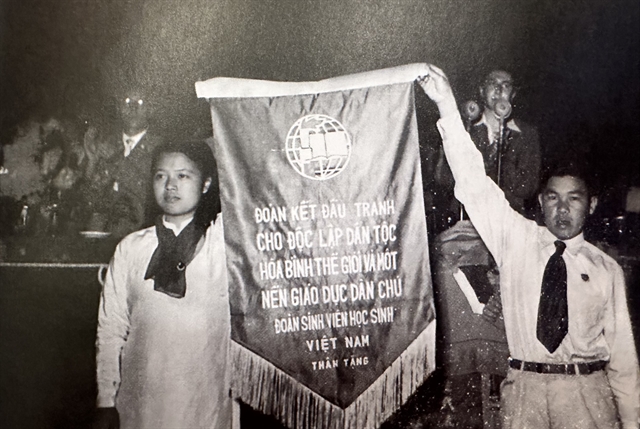 |
| Đỗ Hồng Phấn (left) in an event of the Youth Union in 1953. Photo courtesy of Phấn |
On October 10, I marched into Hà Nội with a Youth Union group. We entered from the western outskirts, through Hà Đông. The streets were filled with flags, and the people came out to welcome us. They presented us many flowers that I couldn’t hold them all. It was an incredibly emotional day—like coming home to my family. The sense of pride and joy was overwhelming. We knew we were part of something much bigger than ourselves, and we were proud to be descendants of a revolutionary generation.” VNS

